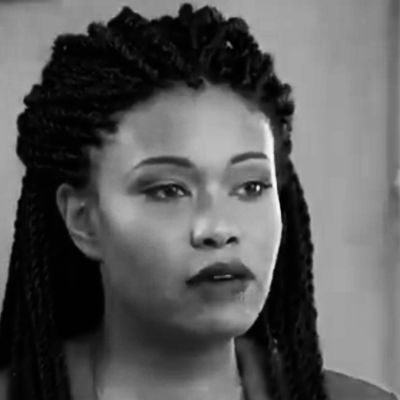
On Monday morning, Vanessa Tyson, one of two women to have accused Virginia lieutenant governor Justin Fairfax of sexual assault, described in her first televised interview the harrowing details of the alleged attack. A day later, his second accuser, Meredith Watson, followed suit with her own story. Though their accounts occurred four years apart and under different circumstances, they shared a notable similarity: Both said Fairfax was someone they trusted and confided in, and both claimed that he used the fact that they’d been sexually assaulted in the past against them, assuming they’d be too weak to say no or speak up.
On CBS This Morning, Watson told co-host Gayle King that Fairfax raped her in his Duke University dorm room in 2000. Watson says the two had hung out there as friends many times, so when he invited her to celebrate the end of his senior year, she says she “did not think anything of it, because it was normal.” But when he allegedly locked the door behind her and turned off the lights, she says she started to panic.
“He did things that you shouldn’t do to someone without their permission,” she told King. “And I tried several times to get up and leave and was pushed back down. He forcibly sexually assaulted and raped me.”
Tyson told King yesterday that Fairfax attacked her at a hotel room during the 2004 Democratic National Convention, holding her down so aggressively during forced oral sex that she “couldn’t feel [her] neck.”
Fairfax has vehemently denied both allegations, claiming in a statement to CBS that he “[stands] accused of crimes that [he] did not commit.” He also says he recently submitted to two polygraph tests, which his team says he passed, but that he still wants “a full investigation by law enforcement.”
There are clear parallels between the women’s accounts. Watson and Tyson, both black women, both trusted Fairfax. They both say he violently sexually assaulted them. And both say they had confided in Fairfax about being survivors of sexual violence in the past: Tyson is an incest survivor, while Watson claims she was raped by a Duke basketball player a year before her alleged encounter with Fairfax. Both women claim they divulged these parts of their past to Fairfax during the periods that they knew him — before the alleged attacks.
Though Tyson says she hasn’t spoken to Fairfax since that night in 2004, in retrospect, she thinks he deliberately used her traumatic past against her. At the time of her alleged assault, she was counseling other survivors at a rape crisis center, which she says was then “the biggest part of [her] life.”
Watson, conversely, says she did eventually speak to Fairfax at a party on campus after she noticed that he was following her; there, she alleges, he explicitly referenced her past.
“And all I said to him was, ‘Why? Why would you do that to me?’” she remembers. “And he said, ‘I knew because of what happened to you last year that if I got you in the right situation, you would be too afraid to say or do anything about it.’”
Today, Tyson and Watson are asking for a public hearing to describe under oath their respective alleged assaults, as Tyson says the Virginia people “have a right to know” their stories. Watson echoed Tyson’s sentiments: “I want the people of Virginia to know the truth, and I would like the Virginia legislature to do the right thing.”

